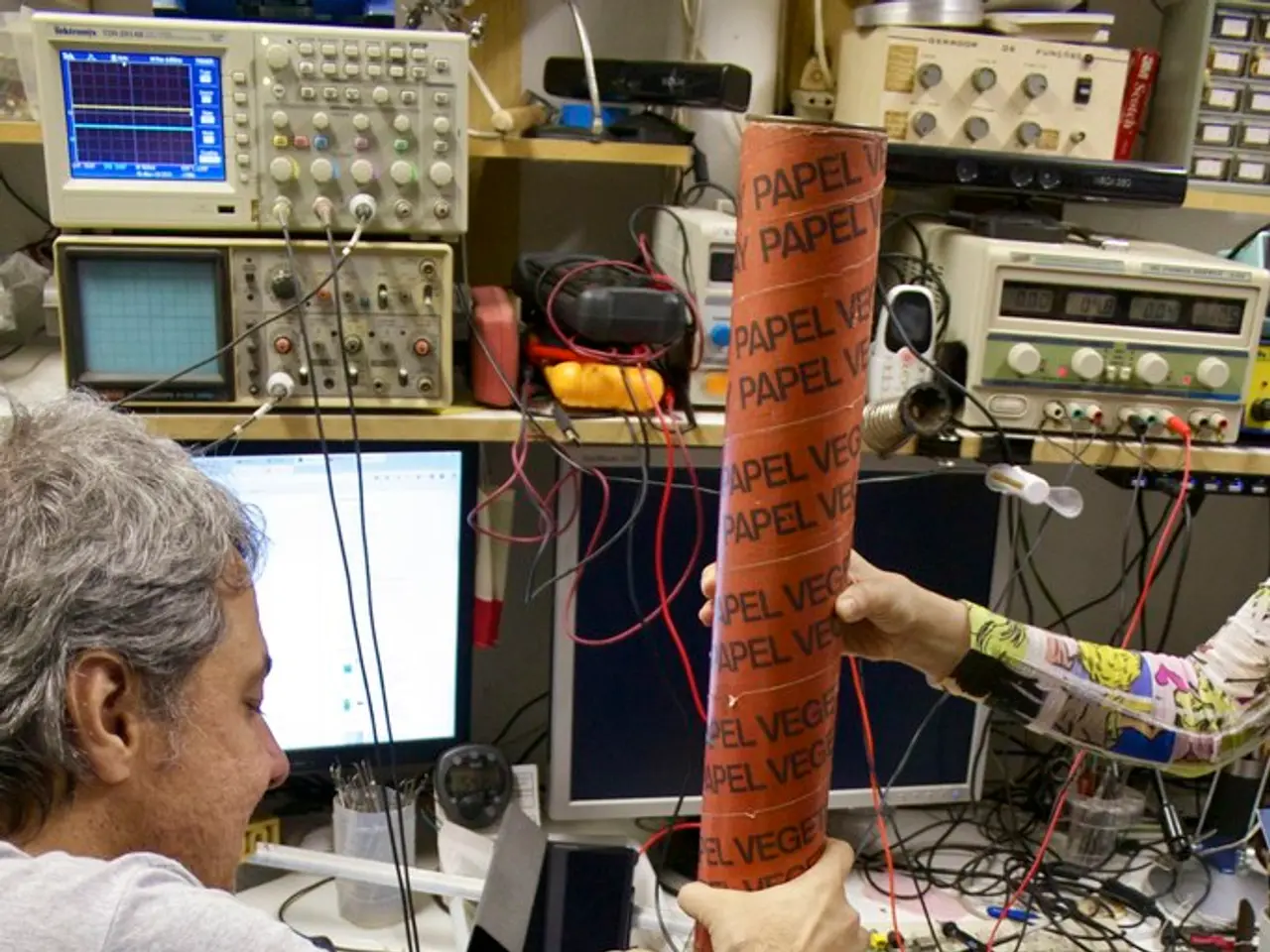Exam cheating issue receives stricter control from OCSC
The Office of the Civil Service Commission (OCSC) in Thailand has bolstered its security protocols to combat cheating in civil service entrance exams, particularly in the face of sophisticated cheating rings using advanced tools like SIM card-enabled wireless earpieces and covert devices.
Key measures implemented by the OCSC include strict transport and monitoring of exam papers, a management committee overseeing all aspects of the exam process, the use of multiple standardized test sets, varied answer sheet layouts, and legal and disciplinary frameworks.
Examination papers are moved under tight security to locked rooms continuously monitored by CCTV, ensuring no unauthorized access or tampering. A management committee oversees all aspects of the exam process, ensuring no single individual has full control or knowledge, which reduces insider involvement risks.
For the general aptitude test (Part A), multiple different test versions are used in the exam room. This makes copying answers between candidates extremely difficult. The final choice of a test set is randomized just before the exam, and even the question writers do not know which set will be used. To further complicate cheating efforts, candidate answer sheets feature varied formats.
The Civil Service Act mandates immediate disqualification of anyone convicted of exam fraud. The OCSC is also actively pursuing internal disciplinary actions against suspected insiders. Prosecutors must have robust evidence such as CCTV footage and signed documents for exam fraud cases.
The grading process for Part A is fully automated, relying on machines and computerized systems to eliminate human error or bias. Part A is directly overseen by the OCSC and is taken by 500,000-600,000 candidates annually.
Deputy Secretary-General Kitipong Maharatthanawong recently emphasized the presence of multi-layered protocols in the OCSC's anti-cheating measures. The OCSC denies claims of "leaked OCSC exam papers" from previous years. After each exam, papers are collected and destroyed under strict supervision by both hired companies and OCSC officials.
The OCSC's system is difficult to penetrate, but persistent efforts by organized groups using high-tech tools remain a concern. The OCSC reduces repeat attempts by barring individuals who have already passed the general knowledge exam from retaking it. All exam centers are equipped with metal detectors.
The OCSC is working to implement internal disciplinary measures for cases of insider involvement in exam fraud. The OCSC's layered approach, combining technology, process design, and legal deterrence, serves to preserve exam integrity against even sophisticated fraud attempts.
Technology continues to be a challenge in the tightened security measures implemented by the OCSC, as advanced tools like SIM card-enabled wireless earpieces and covert devices are used by organized crime rings to infiltrate general-news such as civil service entrance exams. In response, the OCSC is actively pursuing internal disciplinary actions against suspected insiders, and prosecutors need robust evidence like CCTV footage and signed documents for exam fraud cases, demonstrating the importance of technology in the crime-and-justice system.




